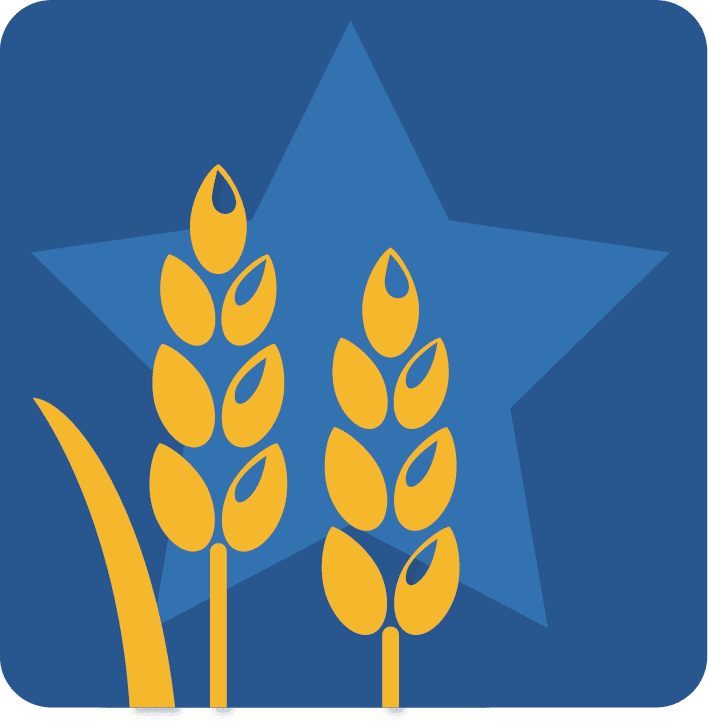
- This event has passed.
SNAP and SNAP-Ed: Supporting Food and Nutrition Security in Your Community
July 13, 2023 @ 11:00 am - 12:30 pm EDT
Free
About This Webinar:
This webinar discusses how SNAP and SNAP-Ed align with national food and nutrition security strategies. The Supplemental Nutrition Assistance Program (SNAP) is the cornerstone of the USDA’s nutrition assistance safety net. SNAP Nutrition Education (SNAP-Ed) is SNAP’s nutrition education and health promotion component. Attend this webinar to learn how you can collaborate with your state and local SNAP-Ed programs to provide the best care possible to your clients and connect them to resources that can help.
Food insecurity may be identified during a preventive care visit or Medical Nutrition Therapy (MNT) appointment through the USDA two-question screener. Food insecurity may also be identified by Registered Dietitians, nutrition educators or other services providers in a variety of settings. When identified, connecting clients to SNAP and SNAP-Ed may be appropriate.
SNAP provides nutrition benefits to supplement the food budget of needy families so they can purchase healthy food and move towards self-sufficiency. SNAP-Ed focuses on good nutrition, stretching food dollars, living physically active lifestyles, and engaging partners to build healthier communities. This helps to ensure a healthy choice is the easiest choice to make where people live, work, shop, play, eat, and learn.
Learning Objectives:
After this presentation, attendees should be able to:
- Describe the purpose of the Supplemental Nutrition Assistance Program (SNAP).
- Explain how SNAP Nutrition Education (SNAP-Ed) promotes healthy diet and physical activity behaviors.
- Identify how SNAP-Ed aligns with National food and nutrition security strategies.
- Give two examples of collaboration with state and local SNAP-Ed projects.
Food Security in Focus
 Take advantage of OneOp’s Food Security in Focus collection, offering live and on-demand programming related to food security.
Take advantage of OneOp’s Food Security in Focus collection, offering live and on-demand programming related to food security.
Among our nation’s active-duty service members and their families, an estimated 24 percent are food insecure. Food insecurity adversely impacts racial/ethnic minority populations, lower-income populations, and rural and remote populations. Additionally, a rise in economic insecurity throughout the Covid-19 pandemic has contributed to increased food insecurity in vulnerable populations. Join OneOp as we focus on expanding food security for the military family and mobilizing family service professionals at federal, state, and local levels to work together on this issue.
Presenters
- Dr. Aurora Calvillo Buffington – Branch Chief, Nutrition Education Branch, Program Administration and Nutrition Division., Supplemental Nutrition Assistance Program (SNAP), USDA Food and Nutrition Service
- Doris Chin, MPH, RDN – Nutritionist, Nutrition Education Branch, Program Administration and Nutrition Division, Supplemental Nutrition Assistance Program (SNAP), USDA Food and Nutrition Service
- Laura Griffin, MS – Senior Policy Advisor and Chief of Staff, Supplemental Nutrition Assistance Program, USDA Food and Nutrition Service
Continuing Education (CE) Credit
- Registered Dietitians & Nutrition and Dietetic Technicians: 1.5 CPEU approved for Registered Dietitians Nutritionists (RDNs) and Nutrition and Dietetic Technicians, Registered (NDTRs) from the Commission on Dietetic Registration (CDR).
- Accredited Financial Counselors (AFC): This program has been approved for 1.5 Continuing Education credits by the Association for Financial Counseling & Planning Education (AFCPE).
- Certified Personal Finance Counselors (CPFC): This program has been approved for 1.5 Continuing Education credits by The Center for Financial Certifications (FinCert).
- Certified in Family and Consumer Sciences (CFCS): This course is awaiting approval for 1.5 CE credits from the American Association for Family and Consumer Sciences (AAFCS) for CFCS.
- Certified Nutrition and Wellness Educator (CNWE): This course is awaiting approval for 1.5 CE credits from the American Association for Family and Consumer Sciences (AAFCS) for CNWE.
- Social Work, LPC, LMFT: Programming approval for 1.5 CE credits will be obtained for Social Work, Licensed Professional Counselors, and Licensed Marriage & Family Therapists from the University of Texas at Austin, Steve Hicks School of Social Work. Check with your state licensing agency for reciprocity and/or credit approval if licensed for other professions or in one of the following states: CO, FL, HI, IA, KS, KY, NY, ND, OH, OK
- Case Manager: This program has been submitted to the Commission for Case Manager Certification for approval to provide board certified case managers with 1.5 clock hours.
- Board Certified Patient Advocates: This program has been pre-approved by The Patient Advocate Certification Board to provide continuing education credit to Board Certified Patient Advocates (BCPA). The course has been approved for a total of 1.5 CE contact hour, of which 0.0 are in the area of Ethics.
- Certificates of Attendance are available for providers interested in documenting their training activities.
Event Materials
Photo from iStock









